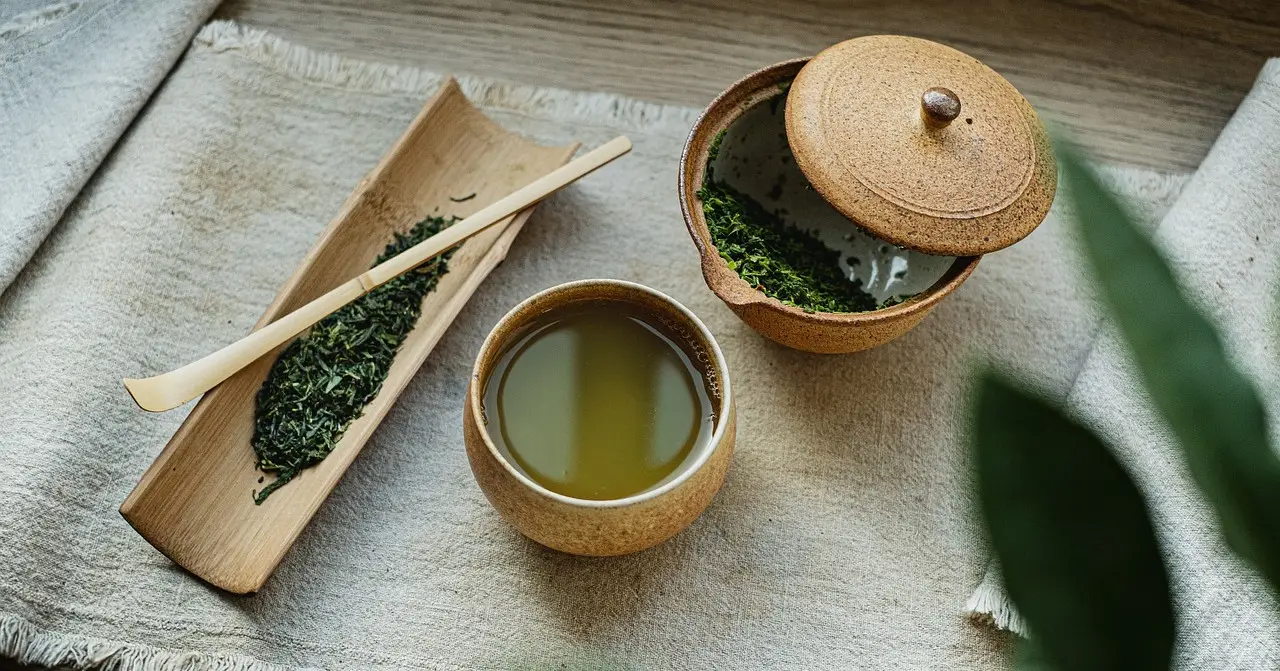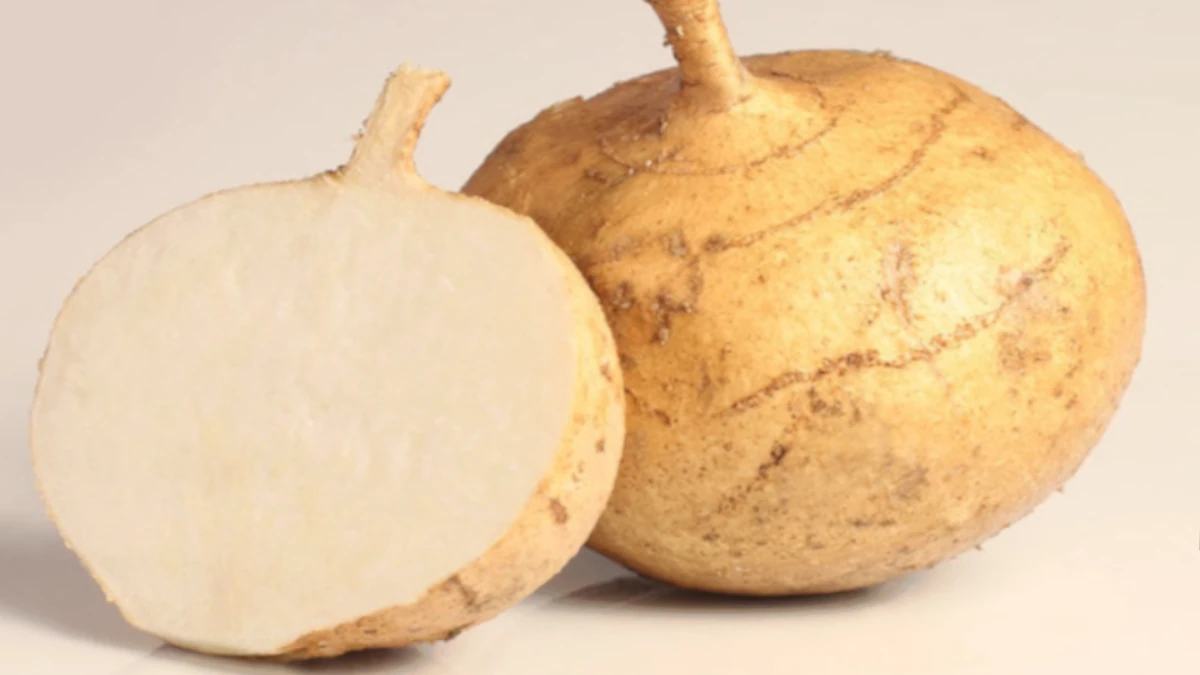Granola Bar, Peanut Butter Lysine and Arginine Info Sheet
Overview
Peanut butter granola bars, made from oats, peanut butter, and honey, are a tasty and nutritious snack.They often contain added fruits, chocolate, or other flavors.
These bars are high in protein and healthy fats. They’re also a good source of fiber and whole grains. However, they’re also high in sugar and calories, so they should be eaten in moderation.
| Name | Lysine (mg/100g) | Arginine (mg/100g) | Ratio |
|---|---|---|---|
| Granola Bar, Peanut Butter | 376mg | 977mg | 0.38 |
Granola Bar, Peanut Butter contains 376mg of Lysine and 977mg of Arginine per 100g of product.
This means Granola Bar, Peanut Butter has a low Lysine-Arginine ratio of 0.38.
Because Granola Bar, Peanut Butter contains much higher levels of arginine than lysine, limiting its consumption is recommended by people who suffer from herpes, as it may trigger outbreaks.
Lysine Considerations
Peanut butter granola bars have 376mg of lysine per 100g. While this isn’t a significant amount, it can still contribute to your daily lysine intake.
Lysine can help prevent or treat cold sores, which are blisters caused by the virus HSV-1, also known as herpes.
Lysine works by blocking the growth of HSV-1, which needs another amino acid called arginine to multiply and infect cells.
Lysine can only be obtained through diet, and can be found in many high-protein foods like milk and cheese, fish, eggs, meat and poultry.
Arginine Considerations
Peanut butter granola bars have 977mg of arginine per 100g. This is a high amount, and could potentially increase your arginine intake significantly if you eat large quantities of these bars.
Arginine has a variety of benefits for our overall health and performance, such as lowering blood pressure, enhancing wound healing, and increasing exercise endurance.
Arginine can also affect the herpes virus, which causes cold sores and genital herpes.
Studies suggest that arginine may help the virus grow and cause outbreaks, so people with herpes may want to avoid foods that are high in arginine or take lysine supplements to block its effects.
Lysine-Arginine Ratio
The lysine-arginine ratio in peanut butter granola bars is less than 1, indicating a higher arginine content.
This could potentially trigger herpes outbreaks in those with the virus, as some studies suggest that arginine can exacerbate symptoms.
The herpes simplex virus, which causes oral and genital herpes, needs arginine to multiply and infect cells.
Lysine, on the other hand, can interfere with the absorption of arginine in the intestine, and thus limit the availability of arginine for the virus.
By eating a diet higher in lysine than arginine, one may be able to prevent or treat herpes symptoms.
Foods that have a high lysine-arginine ratio include milk and cheese, fish, poultry, fruits, and vegetables.
These foods can supply the body with sufficient lysine to compete with arginine and inhibit the virus from replicating and causing flare-ups.
Dietary Considerations

For instance:
A diverse and nutritious diet that supports your immune system and fights inflammation is essential.
This means you should eat lots of fruits, vegetables, whole grains, lean protein, and healthy fats, and steer clear of processed foods, added sugars, alcohol, and caffeine, which can harm your health.
Drinking enough water to keep yourself hydrated and remove toxins from your body.
Water can also help prevent dryness and irritation of the skin and mucous membranes, which can result in fewer outbreaks.
Consider taking l-lysine supplements, which can help prevent herpes outbreaks and stop a cold sore before it emerges by limiting the availability of arginine for the virus, which it requires to produce a cold sore.
Other food supplements, such as vitamin C, zinc, selenium, and antioxidants, can help you boost your immunity and protect your cells from oxidative stress.
Check more food information






